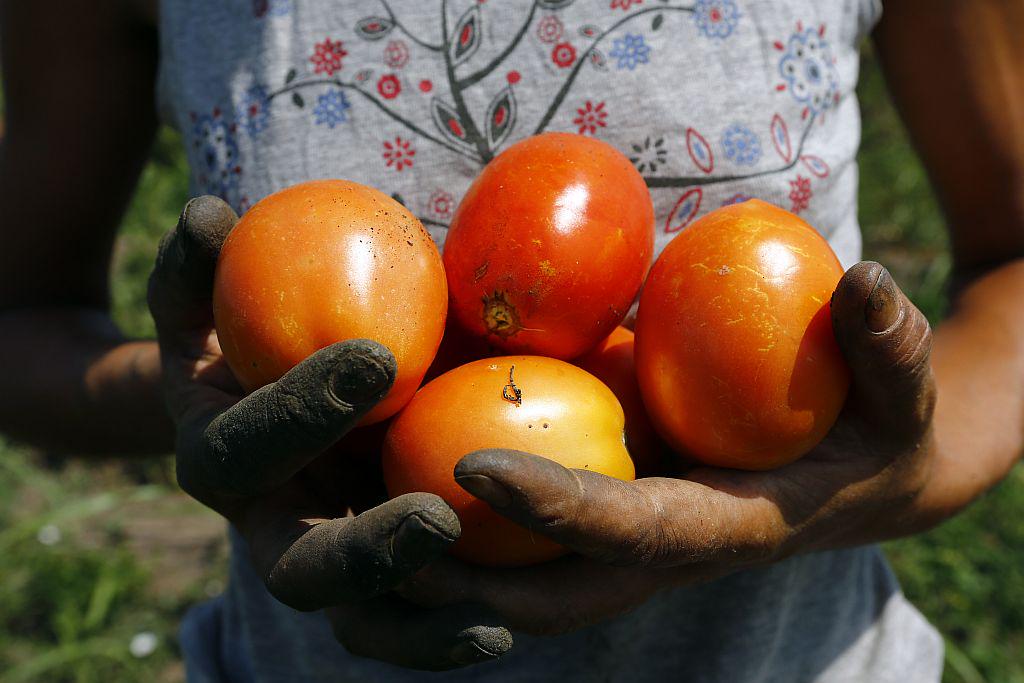
"Ten years ago, we couldn't come to an agreement even within our own sector, but now both small and large players from various sectors have come together," emphasized Židan at the launch of the campaign in Ljubljana. He went on to say that the agreement of various sectors, which participate in setting quality standards, represents a true national consensus that Slovenian produce is "something special."
The three-year campaign, titled Our Wonderful Food, will promote locally grown produce. Participants from the milk and meat sectors are expected to invest 1.5 million euros in the campaign over a period of three years. The state will contribute the same amount. The goals of the campaign will be evaluated every year and throughout the year.
The campaign includes the general promotion of produce, sector-specific promotion of milk and other dairy products, as well as sector-specific promotion of meat and other meat products. The campaign will feature a "Select Quality" trademark, which will guarantee that the products have been grown and processed entirely within Slovenia, that they are of a high quality, and that their processing has undergone regular inspections.
Fruit and vegetables to follow in two years
The dairy and meat sectors are already a part of the program, which means that products carrying the label can already be found on store shelves. Next year, fruit will join the program and will be followed by vegetables in 2018. The organizers expect other sectors to be included as well, namely winegrowers, farmers, beekeepers and olive growers.
"Our campaign will try to convince consumers to choose mostly Slovenian produce. In Austria, for instance, consumers rarely want to eat produce that isn't home grown," said Anita Jakuš, the head of the Promotions Board, at the launch of the campaign.
Responding to arguments that Slovenian produce is more expensive, Židan said that the average price of Slovenian food on Slovenian store shelves is lower than the average price of Austrian food on Austrian shelves. The same goes for Germany. "When you have food surpluses, you can occasionally get cheap imported food when distributors take advantage of our market," added the minister.
A. Č.
Translated by J. B.

































































